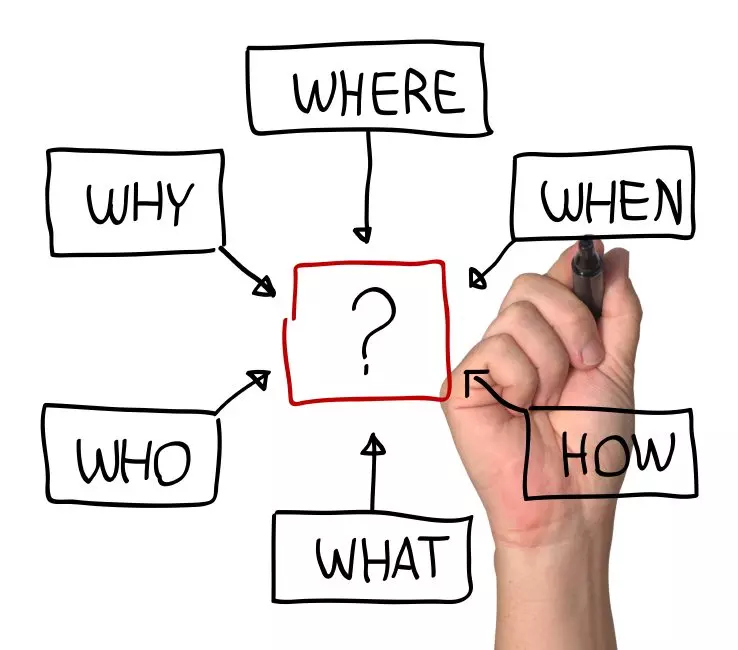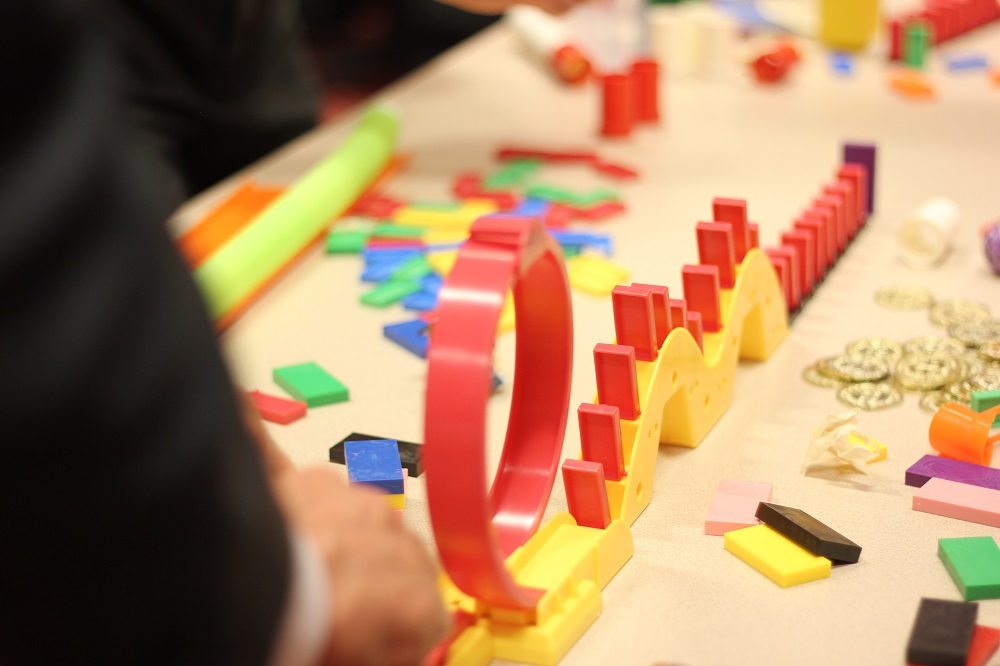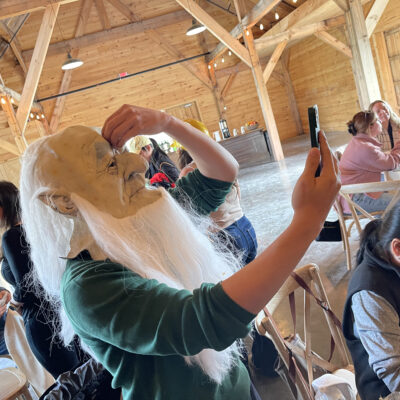Results are very important to companies and team leaders, but how team members interact with each other to achieve results is often a neglected aspect of managing a team.
Cooperative learning is an educational approach that provides a social structure for learning experiences in academia. However, team development in the workplace also relies heavily on the elements of cooperative learning. The approach differs from group work with the intention of “structuring positive interdependence” – participation and accountability.
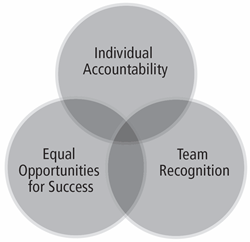 Unlike individual learning, which can be competitive in nature, participants learn cooperatively in groups working toward a shared goal and capitalizing on one another’s resources and skills. Sounds a lot like working as a team around the office, right? As you know, successful collaboration takes effort.
Unlike individual learning, which can be competitive in nature, participants learn cooperatively in groups working toward a shared goal and capitalizing on one another’s resources and skills. Sounds a lot like working as a team around the office, right? As you know, successful collaboration takes effort.
Cooperative Learning Boosts Collaboration & Team Success
Cooperative learning activities are effective for tackling complex projects and concepts over the course of time and establishes caring, supportive peer relationships. The bonds between team members motivate and strengthen your team’s commitment to the group’s goals while increasing self-esteem and self-worth.
Cooperative learning also encourages team members to keep each other “in the loop” as projects move along. Plus, this approach is relatively easy to implement and is inexpensive
5 elements to successful cooperative learning activities and approaches:
#1 Positive interdependence:
Everyone must fully participate (that means you) and put forth effort within their group. Individual responsibility and accountability must be identified – group members must know exactly what their responsibilities are and that they are accountable.
How? Define roles.
Simple, right? Not so much. It’s very difficult to lose track of individual roles, overlap and strategies for accountability when goals are complex. As a leader, you should work to keep this as clear as possible. Revisit roles and responsibilities throughout the project and make sure you have a reasonable understanding of them. If you don’t, your team probably doesn’t either.
#2 Face-to-face promotive interaction:
As a leader, you do not need to do all of the rewarding. Team members actually feel more valuable when their contributions are recognized by others, not just leaders.
How? Position team members to promote each other’s work.
During team meetings, provide time and a format for peers to explain to one another what they are learning and assist one another with understanding and completing tasks.
#3 Individual and group accountability:
Each team member must demonstrate mastery of their subject matter and be held accountable for their learning and work to eliminate “social loafing“.
How? Accountability isn’t about punishment.
Punishment often fails to stop – sometimes even increases – the occurrence of undesired behavior. Strategies for positive interdependence will help boost accountability, but methods like rewarding failure can also lead to significant results.
The #1 reason employees are hesitant to admit mistakes is the fear of reprisal or punishment. However, it is important to know what your challenges are in order to tackle them. Host fun activities like a dinner theater event or team mixology to celebrate successes, especially the small ones.
#4 Social skills:
Effective communication, interpersonal and group skills must be cultivated, identified and encouraged.
How? Develop strategies to boost team skills.
Work to enhance leadership skills, work on building trust and develop communication and conflict-management skills as a group through team building and corporate training programs.
#5 Group processing:
Assess your effectiveness as a group and decide how it can be improved.
How? Learn to make decisions as a team.
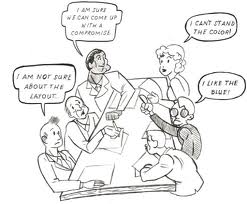
Ross and Smyth (1995) describe successful cooperative learning tasks as intellectually demanding, creative, open-ended, and involve higher order thinking tasks. These team building programs incorporate the power of play and provide a powerful context for cooperative learning approaches:
Chain Reaction position teams to find the perfect balance between uniqueness, functionality, and attention to detail.
Through Make A Movie, your teams will work in small groups to create the next Hollywood blockbuster.
Charitable team building programs like the Do Good Bus and Cooking for a Cause set your team up to work together towards a very noble goal.
Participants involved in active learning (doing a real job, a simulation, a training game, etc.) retain 90% of the information. Through cooperative learning activities the expert’s or instructor’s role changes from giving information to facilitating learning. Everyone – including the facilitator – succeeds when the group succeeds.
